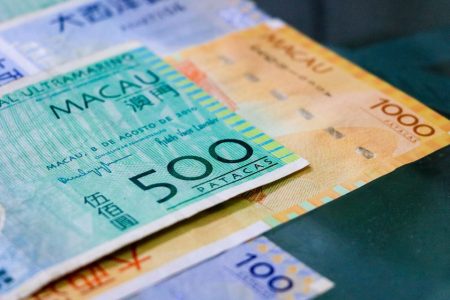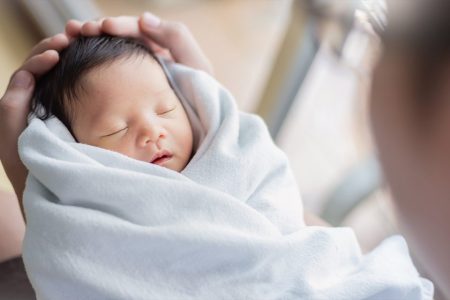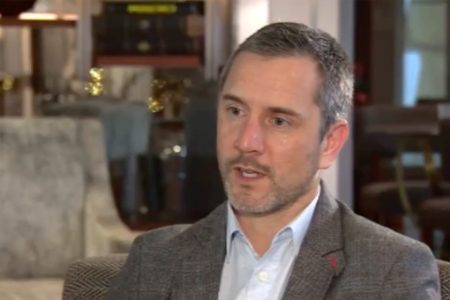About 40 per cent of local senior high school pupils chose to study at the mainland’s universities for their higher education, a survey released by the General Association of Chinese Students of Macau (AECM) showed on Wednesday.
The association held a press conference at the U-go Centre in Avenida de Venceslau de Morais on Wednesday, to release its latest findings of local pupils’ intentions for higher education.
The survey, conducted between June 24 and July 12, collected 1,128 valid questionnaires from 11 local schools’ F4 and F5 pupils holding a Macau ID card (BIR).
The association’s Psychological Counselling Director, Emily Hsieh Peiyin, said that when high school pupils were asked about their future plans after finishing school, 91.8 per cent said they planned to continue studying, 1.3 per cent planned to enter the workforce, while the rest said they were still thinking about what to do or opted for “other choices” on the questionnaire.
About 38.7 per cent of the respondents who planned to continue their studies after high school graduation chose to study at mainland universities, 25.2 per cent chose to enrol in a local tertiary education institution, 4.9 per cent planned to study in Taiwan, 3 per cent chose to study in a foreign country, 0.5 per cent chose to study in Hong Kong, and 27.7 per cent said they were still considering the matter.
According to the director of the AECM Career Guidance Service Centre, Tommy Ieong Wai Hin, the number of pupils who planned to study on the mainland rose significantly from 9.49 per cent to 38.7 per cent from 2014 to this year.
Ieong noted that mainland universities are allowed to enrol pupils recommended by local schools, and quotas set up for Macau pupils have increased significantly over the past few years. Moreover, Ieong pointed out that mainland universities are offering a wide range of subjects and the direct flights and high-speed trains between the mainland and Macau have made travel much more convenient, adding that those factors have increased pupils’ interest in studying on the mainland, Ieong said.
Taiwan as choice drops by 4.9 per cent
According to the findings, the pupils who chose to continue their studies in Macau dropped from 31.65 per cent to 25.2 per cent between 2014 and 2019, while the respondents who planned to study in Taiwan decreased dramatically from 19.87 per cent to 4.9 per cent during the same period.
When asked what subjects are their first choice, most of the respondents chose “business and finance” (12.5 percent), 12.2 per cent selected “medical care”, 11.2 per cent picked “journalism, communication, advertising, education or counselling”, 6.7 per cent opted for “Chinese and translation”, and 6.3 per cent selected “industry, electro-mechanics, aerospace or computer”.
Meanwhile, according to the survey, 60.3 per cent of the respondents said their plans for the future were related to their personal interests, 15.2 per cent based their study and work choices on current social trends, and 10.6 per cent said they were paying close attention to the requirements needed for entering their dream careers, while 8 percent said their expected salary and welfare were important factors.
Asking friends for help rather than teachers
In addition, according to the findings, over 50 per cent said they were “confused” when making plans for their higher education and future careers and believed that it was difficult to make a decision. The survey also showed that most pupils prefer to ask classmates and friends for help (45.2 per cent) rather than teachers or social workers in schools.
Over 80 per cent of the respondents didn’t know there are institutions in the community that can provide professional advice on higher education and career planning, the survey pointed out.
According to the Macau Post Daily, the association said there was a lot of room for improvement to increase life planning and career guidance services at schools and educational and social services departments to help pupils plan well for their future.






